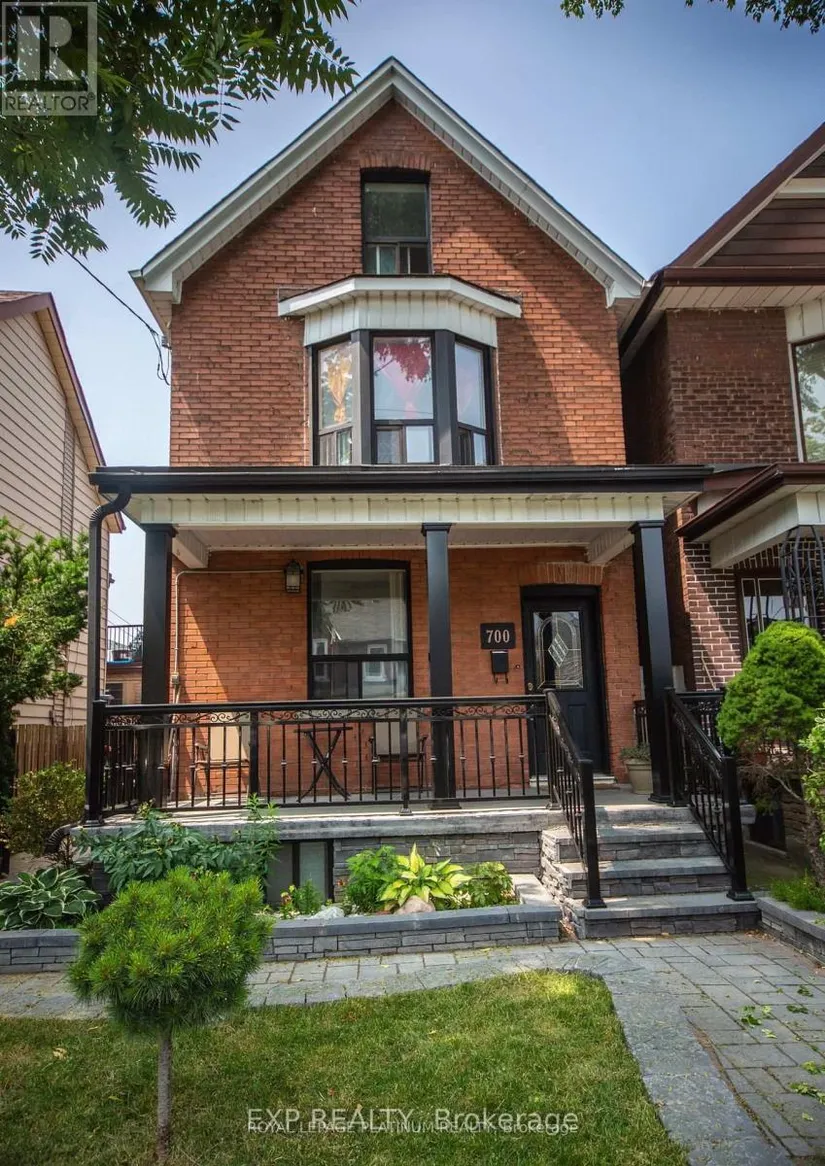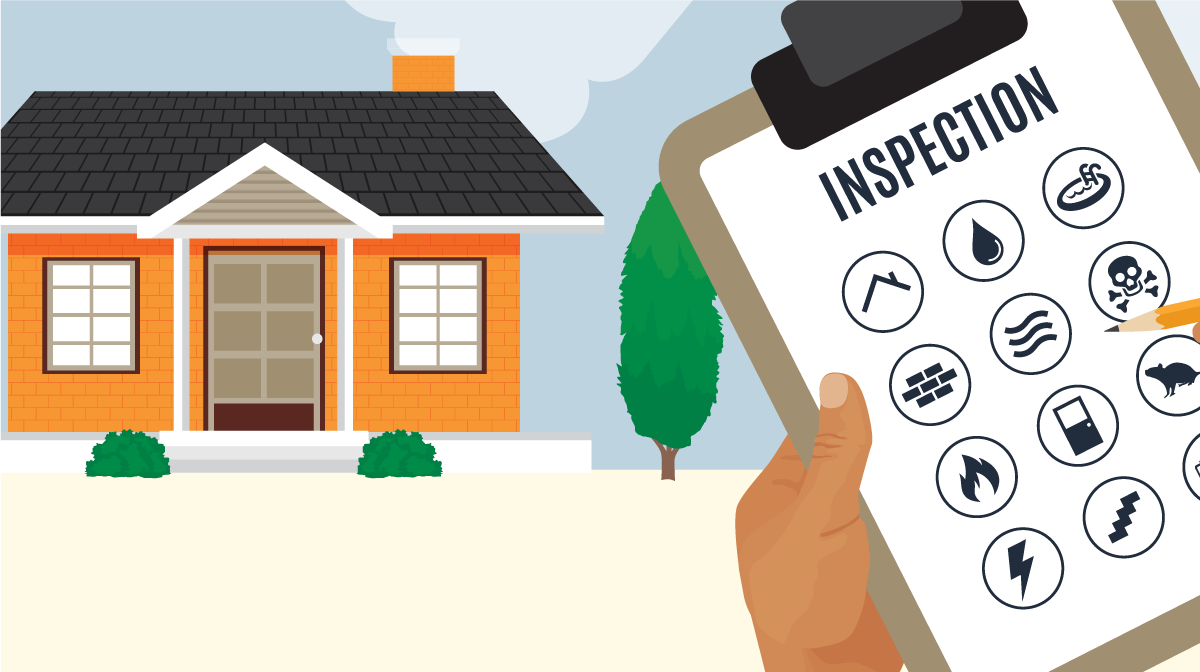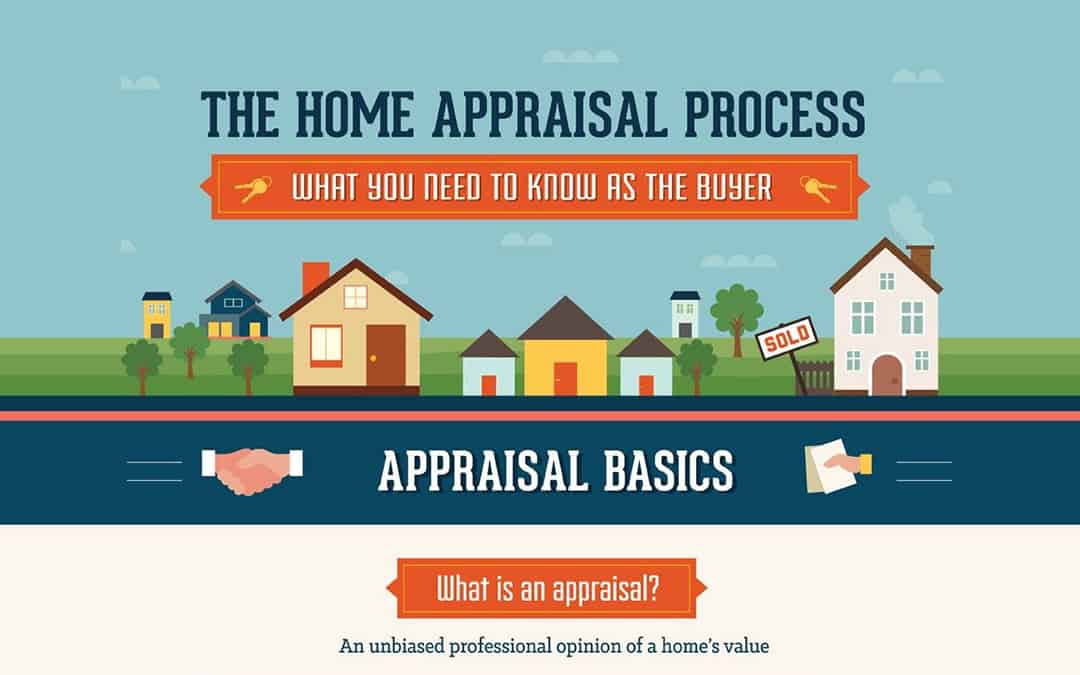FAQs
Buying a home involves a down payment (5-20% or more), loan origination fees, and closing costs (2-5% of the purchase price). Additional expenses include a home inspection (cost varies), appraisal fees, property taxes, homeowners insurance, and possible Private Mortgage Insurance (PMI) if the down payment is <20%. Homeowners Association (HOA) fees may apply in community areas. Ongoing costs include utilities, maintenance, and repairs. Budget for moving expenses as well. Consulting with professionals helps plan and navigate these costs, ensuring a thorough financial understanding throughout the homebuying process.
;
When buying a home in Canada, consider location, proximity to amenities, and the neighborhood's safety. Examine the local real estate market trends and property values. Evaluate your budget, including down payment, closing costs, and potential mortgage rates. Be aware of the Canadian mortgage stress test, which assesses your ability to handle higher interest rates. Understand property taxes, homeowners insurance, and utility costs. Research the Home Buyers' Plan for potential tax benefits. Engage a real estate agent, conduct a thorough home inspection, and review the property's history. Familiarize yourself with the legal aspects of the transaction and consult with a financial advisor for comprehensive guidance.
;
In Canada, the minimum down payment required to buy a home depends on the purchase price. For properties up to $500,000, the minimum down payment is 5%. For the portion of the purchase price between $500,000 and $999,999, a 10% down payment is required. Homes priced at $1 million or more require a 20% down payment. It's essential to note that a higher down payment can lower mortgage insurance costs. Additionally, various down payment assistance programs may be available. Consult with a mortgage advisor to determine the specific down payment requirements based on your home's purchase price and your financial situation.
;
The Canadian real estate market operates through a dynamic system influenced by factors like economic conditions, interest rates, and housing demand. Local markets may vary widely. Buyers typically make offers through real estate agents. Transactions involve negotiation and legal processes, with properties often listed on the Multiple Listing Service (MLS). Mortgage financing is common, and the Canadian government regulates lending practices. Property values fluctuate, impacting buying and selling decisions. Government policies, such as the mortgage stress test, aim to ensure financial stability. Consulting local real estate professionals and staying informed about market trends are crucial for navigating the Canadian real estate landscape.
;
Closing costs when buying a home in Canada typically include land transfer taxes (varies by province), legal fees, disbursements, and title insurance. Additional costs may include a home inspection fee, property survey costs, and the Goods and Services Tax (GST) or Harmonized Sales Tax (HST) on new homes. Depending on the location, there might be municipal fees and adjustments for prepaid property taxes and utility bills. It's essential to budget for these costs, as they can total 1.5% to 4% of the home's purchase price. Consulting with a real estate professional or lawyer helps navigate these expenses efficiently.
;
In Canada, the Land Transfer Tax (LTT) is a fee imposed by provinces and, in some cases, municipalities when acquiring property. The tax is calculated based on the property's purchase price. Each province has its own LTT rates and rules. Some provinces, like Ontario and British Columbia, have a tiered system where the tax rate increases as the property value rises. First-time homebuyers may qualify for rebates or exemptions in certain provinces. It's crucial for buyers to consider LTT when budgeting for closing costs, as it can significantly impact the overall expense of purchasing a home.
;
A home inspection is a thorough examination of a property's condition, typically conducted by a certified home inspector. The inspector assesses various aspects of the home, including its structural components, electrical systems, plumbing, HVAC, roof, and more. The goal is to identify any existing or potential issues that may affect the property's safety, functionality, or value.
While a home inspection is not legally required in many places, it is highly recommended. It provides valuable information to the buyer about the property's condition, helping them make informed decisions. A home inspection can uncover hidden problems, allowing buyers to negotiate repairs or adjustments to the purchase price. It offers peace of mind and is a prudent step in the homebuying process.
;
When investing in rental properties in Canada, consider location, property condition, and market trends. Choose areas with low vacancy rates and strong job markets. Evaluate potential rental income against property expenses, including taxes and maintenance. Understand local landlord-tenant regulations and rent control laws. Conduct thorough due diligence on property history and market appreciation. Diversify your portfolio to mitigate risks. Additionally, factor in potential economic downturns and interest rate fluctuations. Engage with local real estate professionals and stay informed about market dynamics for informed decision-making.
;
The Home Buyer's Plan (HBP) in Canada allows first-time homebuyers to withdraw up to $35,000 from their Registered Retirement Savings Plan (RRSP) tax-free to use towards a home purchase. Eligible participants must be Canadian residents, considered first-time buyers, and intend to live in the purchased property. The withdrawn amount must be repaid to the RRSP within 15 years. Spouses or common-law partners can also participate, potentially doubling the withdrawal amount. Ensure compliance with HBP criteria, and consult with a financial advisor for personalized guidance on eligibility and implications.
;
Freehold properties provide ownership of both the land and the property indefinitely, allowing the owner full control. In contrast, leasehold properties grant ownership of the structure but not the land, with the lease expiring after a set period. Leaseholders pay rent to the landowner, and when the lease ends, ownership reverts to the landowner unless the lease is renewed. Freehold offers more autonomy and potential for long-term investment, while leasehold provides affordability but may involve uncertainty and additional costs upon lease expiration. Buyers should carefully consider their preferences, long-term plans, and financial implications when choosing between them.
;
A real estate agent serves as an intermediary in property transactions, helping buyers and sellers navigate the process. They facilitate property searches, negotiate deals, and handle paperwork. Agents typically earn a commission based on the property's sale price, with the seller paying the commission. Commissions are negotiable but commonly range from 3% to 6% of the sale price, and the buyer's agent receives a portion. This compensation structure motivates agents to secure favorable deals and ensures payment upon successful transactions, aligning their interests with those of their clients.
;
Bidding wars occur when multiple buyers compete to secure a property by submitting progressively higher offers. In a competitive market with limited inventory, bidding wars are common as buyers seek desirable homes. Participants submit bids until the seller accepts the most favorable offer. Factors such as price, closing timeline, and contingencies influence the selection. Bidding wars can drive prices above the listing amount, benefiting sellers but challenging buyers. Their frequency varies with market conditions, but in hot real estate markets, bidding wars are more prevalent, emphasizing the importance of strategic offers and swift decision-making for prospective buyers.
;
Common contingencies in Canadian real estate contracts include financing, home inspection, and the sale of the buyer's existing property. The financing contingency allows the buyer time to secure a mortgage. A home inspection contingency permits the buyer to assess the property's condition. In cases where the buyer needs to sell their current home, a sale contingency provides a specified period to complete the sale before proceeding with the purchase. These contingencies offer protection and negotiation flexibility for buyers, ensuring a thorough evaluation of the property and financial arrangements before finalizing the transaction.
;
The Harmonized Sales Tax (HST) in Canada is a combination of the federal Goods and Services Tax (GST) and the applicable provincial sales tax. The impact of HST on real estate transactions varies by province. Generally, residential resale properties are exempt from GST/HST, but it may apply to new or substantially renovated homes. In these cases, builders usually include the HST in the sale price. Some provinces also offer rebates to mitigate the impact on homebuyers. Buyers should be aware of regional variations, as HST rules differ, and consulting with a tax professional or real estate expert is advisable for accurate information.
;
Property taxes in Canada are levied by municipalities to fund local services like schools and infrastructure. The tax amount is based on the property's assessed value, determined by municipal assessors. Assessment considers factors like location, size, and features. Provincial assessment agencies often oversee the process. Property owners receive an annual tax bill calculated by applying the municipal tax rate to the assessed value. Rates vary by municipality, and provinces may have different assessment practices. Homeowners should review assessments for accuracy and may appeal if necessary. Failure to pay property taxes can lead to legal consequences, including property liens or sales.
;
To obtain a mortgage in Canada, first, assess your financial situation and creditworthiness. Get pre-approved to understand your budget. Choose a mortgage type (fixed or variable) and term. Provide required documentation, including proof of income and assets. Shop around for lenders and compare interest rates and terms. Complete a mortgage application with the chosen lender. The lender will assess your application, perform a credit check, and may request an appraisal of the property. Upon approval, review and sign the mortgage agreement. The lender then provides the funds, and you take ownership. Regular payments commence according to the agreed-upon schedule.
;
Property values in Canada are influenced by factors such as location, economic conditions, and market demand. Proximity to amenities, schools, and public transportation often enhances value. Economic indicators, including job growth and income levels, impact demand. Market trends, interest rates, and mortgage availability also play a role. Property condition, size, and features contribute, with updated and well-maintained homes generally commanding higher prices. Government policies, such as zoning regulations and tax incentives, influence values. Overall, a combination of local market dynamics, economic factors, and property-specific attributes determines real estate values in Canada.
;
The Canada Mortgage and Housing Corporation (CMHC) plays a vital role in the country's housing sector. As a government agency, it provides mortgage insurance, promoting homeownership by reducing lenders' risks. CMHC also conducts research and provides data on housing markets, offering insights to policymakers and the public. Additionally, the CMHC is involved in affordable housing initiatives, aiming to improve housing accessibility for Canadians. Its multifaceted role contributes to the stability and sustainability of the housing market while supporting various aspects of housing affordability and quality across the country.
;
A fixed-rate mortgage maintains the same interest rate throughout the loan term, offering predictable monthly payments. In contrast, a variable-rate mortgage, or adjustable-rate mortgage (ARM), has an interest rate that can fluctuate based on market conditions. While a fixed-rate provides stability, a variable-rate may lead to changing payments, potentially benefiting or burdening borrowers depending on market trends. Choosing between them involves considering one's risk tolerance and market expectations.
;
To find a reputable real estate agent in your area, start by seeking recommendations from friends, family, or colleagues who've had positive experiences. Online platforms like Realtor.ca or Zillow often feature reviews. Verify potential agents' credentials, ensuring they are licensed and belong to a reputable real estate association. Interview multiple agents to gauge their expertise, communication skills, and knowledge of the local market. Trust your instincts and choose someone you feel comfortable with. Additionally, consider attending open houses to observe agents in action. Ultimately, a diligent selection process increases the likelihood of finding a trustworthy real estate professional.
;
In Canada, a Multiple Listing Service (MLS) is a platform that facilitates the sharing of real estate listings among real estate agents. It is operated by local real estate boards or associations. Agents input property details into the MLS, and these listings are then accessible to all participating agents, promoting collaboration and wider exposure for properties.
Buyers benefit from comprehensive property information, while sellers gain increased visibility. The MLS in Canada helps streamline the buying and selling process by centralizing property data, fostering cooperation among agents, and providing a centralized platform for real estate transactions.
;
The Property Condition Disclosure Statement is a document used in real estate transactions to disclose information about the condition of a property. Its purpose is to inform potential buyers about known defects or issues with the property. Sellers typically complete this form, detailing aspects such as the property's structural condition, systems, and any past or present issues.
By providing this disclosure, sellers aim to be transparent about the property's condition, helping buyers make informed decisions. However, the extent and details required for disclosure vary by jurisdiction. Buyers should carefully review this statement and may use it as a basis for further inspection or negotiation.
;
Negotiating the price of a home in Canada involves research, patience, and effective communication. Begin by researching the local market and comparable property prices. Make a reasonable initial offer, supported by market data. Demonstrate flexibility but set a maximum price to avoid overextending. Clearly communicate your expectations, and be open to counteroffers. Leverage a skilled real estate agent for guidance. Focus on the property's value, not just the listed price, and consider non-monetary factors in negotiations. Be prepared to compromise, understanding that successful negotiations often involve give-and-take between both parties to reach a mutually acceptable agreement.
;
As of my last knowledge update in January 2022, certain provinces in Canada have imposed restrictions on foreign buyers to cool the real estate market. For instance, in places like British Columbia and Ontario, foreign buyers may face additional taxes or limitations on property purchases. These measures aim to address affordability concerns and prevent speculation. It's crucial to check the latest regulations, as they may evolve. Consulting with a local real estate professional or legal advisor can provide up-to-date information on any restrictions or requirements imposed on foreign buyers in the Canadian real estate market.
;
To qualify for a homebuyer's incentive program, typically, you must be a first-time homebuyer, meet income eligibility criteria, secure mortgage approval from an approved lender, maintain a satisfactory credit score, and adhere to any residency requirements. Some programs may have restrictions on the maximum home purchase price. Eligibility criteria vary, so it's essential to check specific program details in your area. Consulting with local housing authorities or a mortgage advisor can provide precise information on qualification requirements for the homebuyer's incentive program you're interested in.
;
Interest rates significantly impact the Canadian real estate market. Lower rates generally stimulate housing demand as borrowing becomes more affordable, potentially leading to increased property prices. Conversely, higher interest rates can cool the market by making mortgages more expensive, slowing demand, and stabilizing or reducing home prices. The Bank of Canada's monetary policy, influencing these rates, plays a crucial role in shaping the real estate landscape. However, multiple factors, including economic conditions and government policies, interact to influence the market's overall dynamics.
;
During a home appraisal, a licensed appraiser evaluates a property's value based on various factors. They consider the property's size, condition, location, and comparable recent sales. The appraiser may also assess features such as renovations and improvements. Lenders often require appraisals to ensure the property's value aligns with the loan amount. The appraiser compiles a detailed report, and their valuation influences the mortgage approval process. While sellers may use appraisals to set an appropriate listing price, buyers can gain insights into a property's fair market value. The appraisal process is crucial for fair and informed real estate transactions.
;
Pricing your property involves researching comparable sales, assessing market conditions, and considering your property's unique features. A real estate agent can help you with a comparative market analysis (CMA) to determine an appropriate listing price.
;
Prepare your home by decluttering, deep cleaning, making necessary repairs, and enhancing curb appeal. Staging can also help showcase your home's best features.
;
Yes, in most jurisdictions, sellers are legally required to disclose known issues or defects with the property, such as structural problems, past renovations, or environmental hazards.
;
The time it takes to sell a property can vary depending on factors like market conditions, location, price, and property condition. Your real estate agent can provide an estimate based on local market trends.
;
Common costs include real estate agent commissions, closing costs, home repairs or improvements, staging expenses, and potential concessions to buyers.
;
Staging can help make your home more attractive to potential buyers by showcasing its potential and functionality. Professional staging services can be beneficial, but even simple staging techniques can make a difference.
;
Real estate agents provide valuable expertise in pricing, marketing, negotiating, and navigating the sales process. They can also help you handle paperwork and legal requirements.
;
To maximize your sale price, consider making strategic upgrades or renovations, highlighting your property's unique features, and working with an experienced real estate agent who can negotiate on your behalf.
;
It's generally best for sellers to leave the property during showings to allow potential buyers to explore freely and discuss their impressions with their agent. This helps create a more comfortable and unbiased viewing experience for buyers.
;
The closing process involves finalizing the sale, transferring ownership, and completing all necessary paperwork and financial transactions. This typically includes a final walkthrough, signing of documents, and the exchange of keys. Your real estate agent and closing agent will guide you through this process.
;
Preconstruction investing involves purchasing a property before it's built or completed.
;
Benefits include potential for lower prices, customization options, and potential for appreciation.
;
Risks include delays in construction, changes in market conditions, and potential for unforeseen costs.
;
You can find opportunities through developers, real estate agents, or online platforms specializing in preconstruction properties.
;
Consider factors such as location, developer reputation, project amenities, and market demand.
;
Financing options include traditional mortgages, construction loans, or developer financing.
;
A deposit is an upfront payment required to secure a preconstruction unit, usually ranging from 10% to 20% of the purchase price.
;
Timelines vary but can range from a few months to several years, depending on the size and complexity of the project.
;
Delays are common in preconstruction projects and may result in extended timelines for completion.
;
Investors may face challenges or delays in completing the project and could potentially lose their investment.
;
Yes, but there may be restrictions and penalties depending on the terms of the purchase agreement.
;
Assignment sales involve selling the rights to purchase a preconstruction unit before completion.
;
No, appreciation depends on various factors including market conditions, location, and the quality of the development.
;
Hidden costs may include closing costs, development charges, and upgrades not included in the base price.
;
Research the developer's track record, review project plans and permits, and consult with legal and financial experts.
;
Rental restrictions may apply depending on the developer's policies and local regulations.
;
Tax implications vary by jurisdiction and individual circumstances, so it's important to consult with a tax professional.
;
Review the terms of the purchase agreement and consult with legal counsel to understand your options.
;
Document any concerns and try to resolve them directly with the developer. If necessary, seek legal advice
;
Consider your financial goals, risk tolerance, and investment timeframe before deciding if preconstruction investing aligns with your objectives.
;














